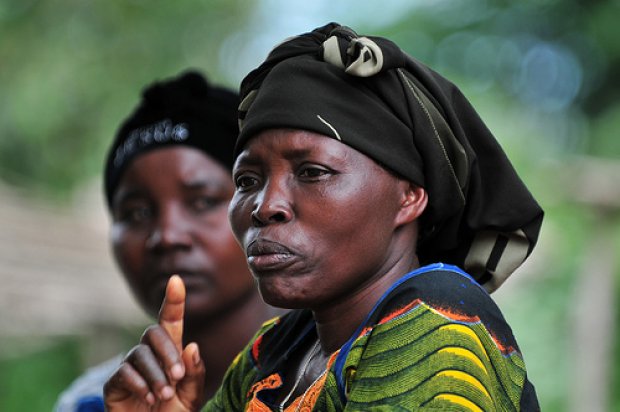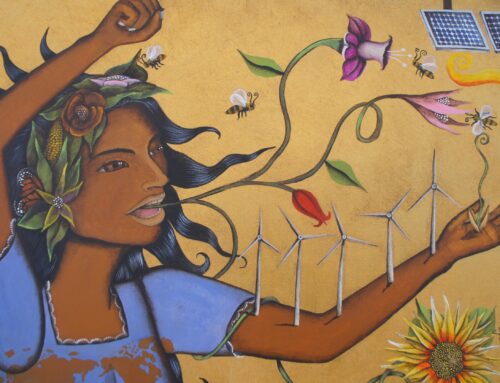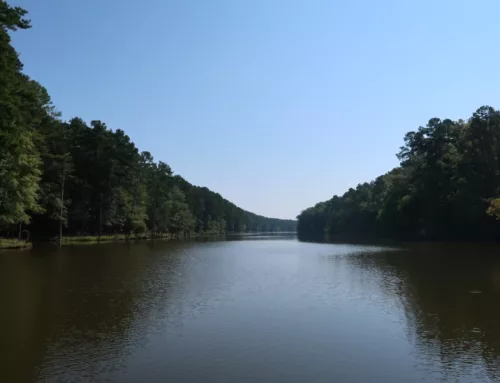Women play a large roll in the agricultural labor force of Burkina Faso. They are involved with sowing seeds, collecting water and wood, harvesting crops, processing grain, and preserving and processing non-timber. Despite doing so, they have limited knowledge on how to access resources and extension services such as micro-credits, land rights, access to technology and know-how. Additionally, they are also responsible for their children’s education, hygiene, and sanitation around the house. As the increasing effects of climate change loom ahead, there’s concern that women in Burkina Faso need to do more to find water and wood, with little regard for their responsibilities at home as a productive family member. Women are more likely to come in direct contact with the land as they are present from production to the processing of products. Given their relationship with agriculture, women have a more nuanced understanding of the impacts of climate change on land and community. Climate-proofed food security can only be achieved if gendered-approaches to climate adaptation are taken. In Burkina Faso, the challenge lies in lifting certain social barriers, which are rooted in tradition, religion, and culture. Photo Credit: N. Palmer (CIAT)







